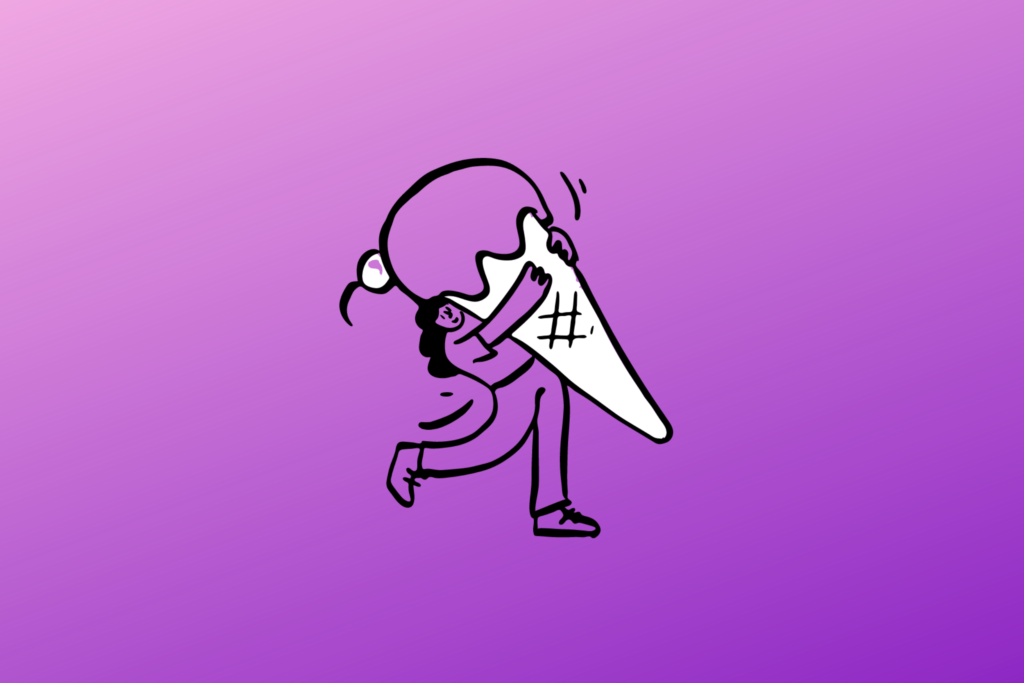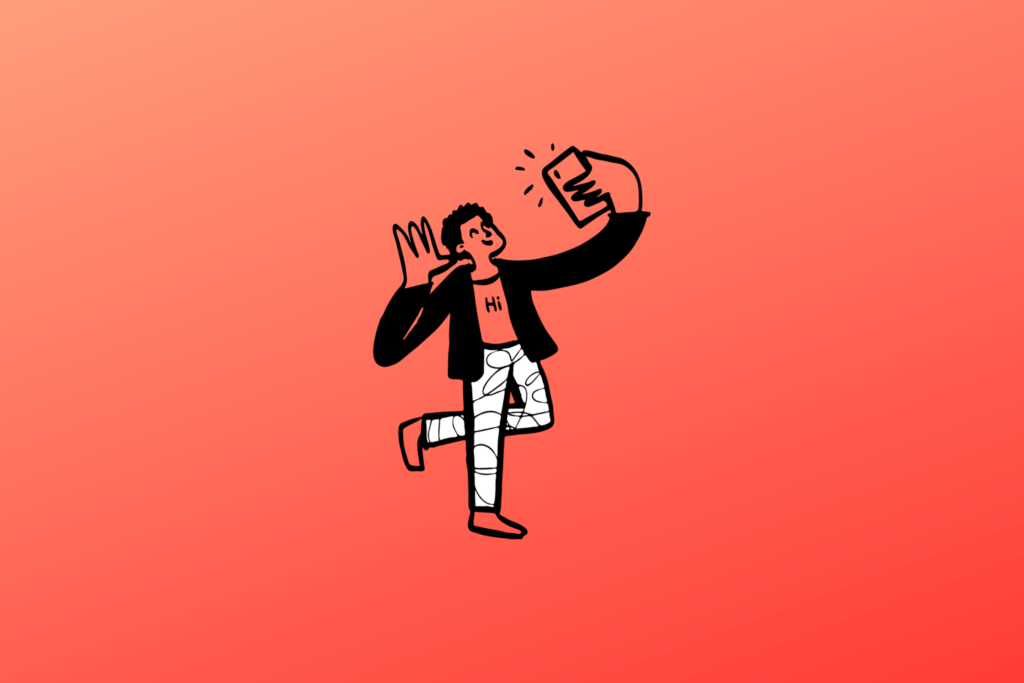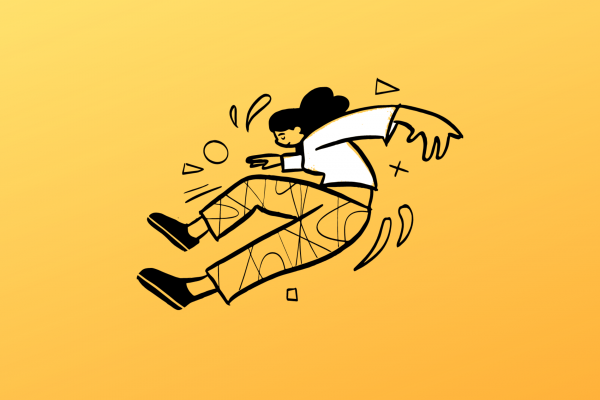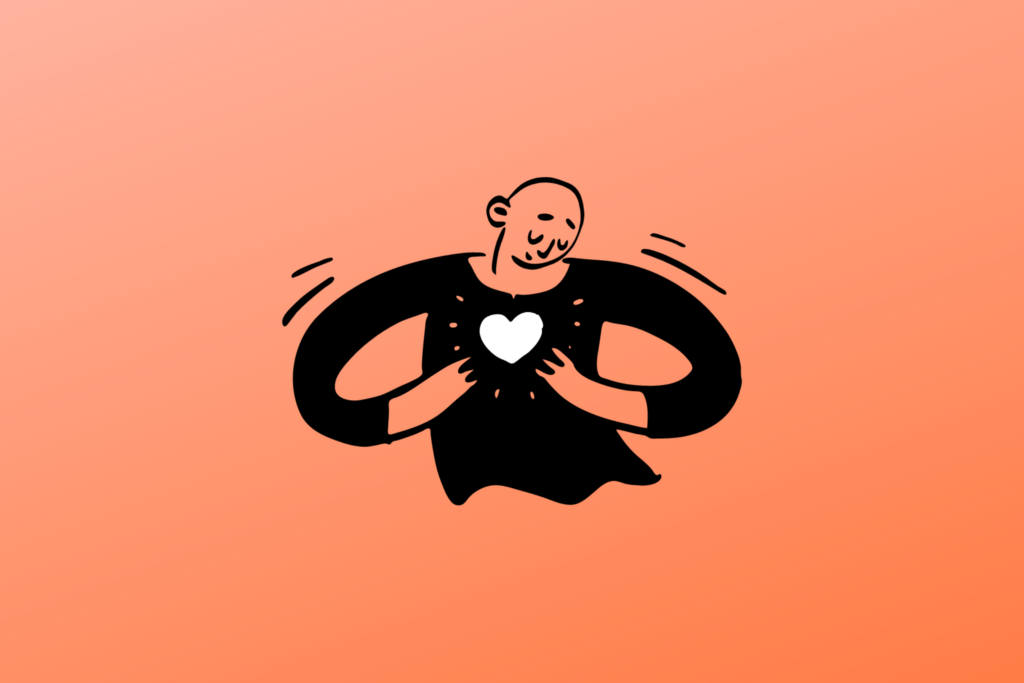Phone Etiquette
for Junior Doctors
24th february 2021
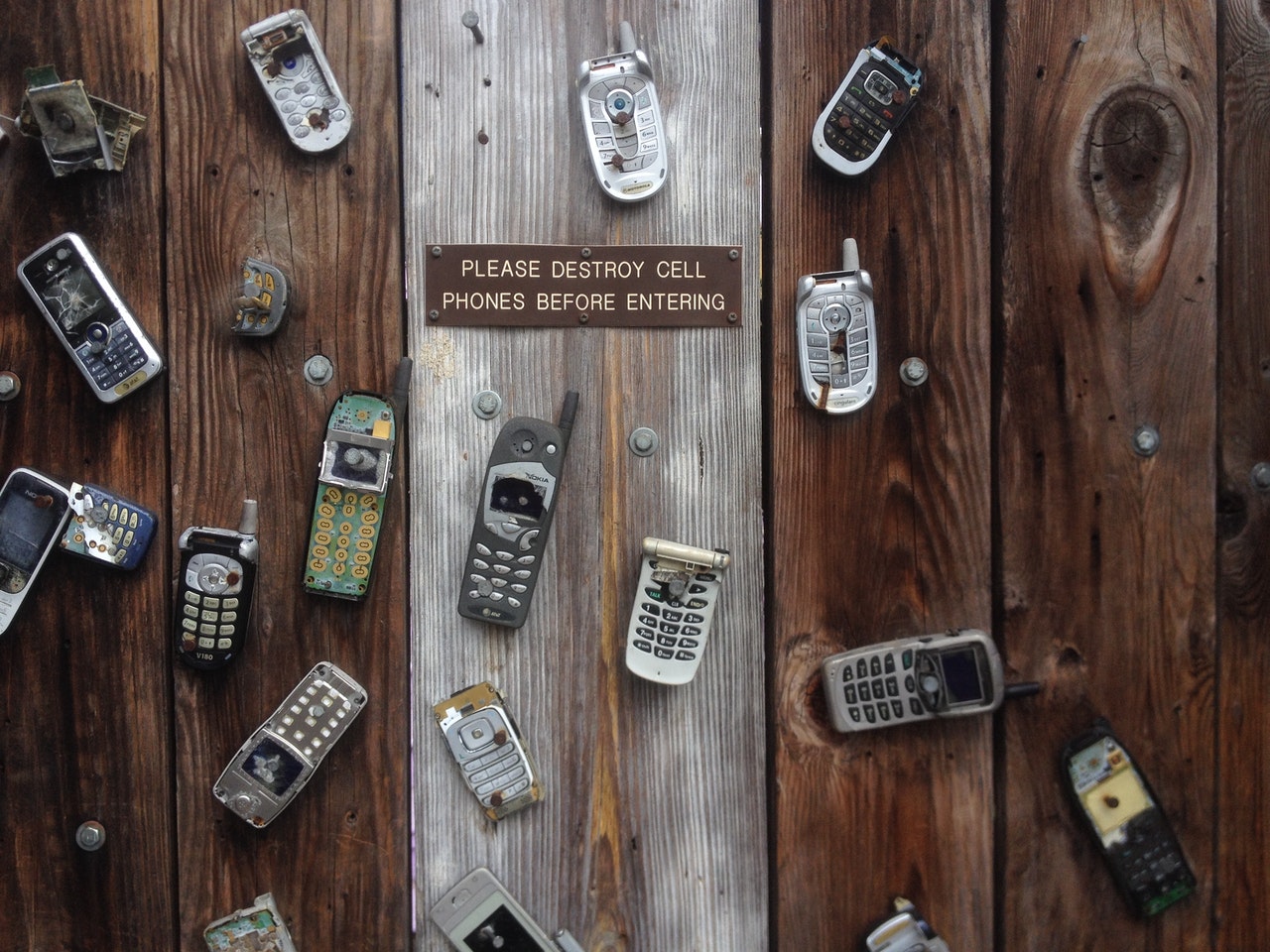
Phone etiquette is such an important skill to learn as a junior doctor. Unfortunately, you don’t get very much practice as a medical student until you are thrown in the deep end as a junior doctor. Junior doctors are always answering phones, pages and bleeps. Knowing what to say and when to say it can really change your workflow as a junior doctor.
For example, I spent most of my junior doctor years physically attached to one of those very noisy and highly irritating devices. They never stop ringing. Most of the time, I wanted to throw them off the hospital balcony. Other times, I hoped for small wins – like being able to go to the bathroom without hearing that annoying ringtone mid-urination.
So what’s the best way to navigate phone etiquette in the hospital?
Always Introduce Yourself
This is my number one rule of phone etiquette for junior doctors. There is nothing more confusing than answering the phone only to hear the caller delve into a long stream of thought about Patient X and their millions of problems. This almost always ends up with the recipient saying ‘I’m sorry, who is this?’ or ‘Which patient are you talking about’. The acronym ISBAR is a great structure to follow on the phone.
Introduction:
Who are you?
Who is the patient?
Name/Age/URN/Ward/Team
Situation
Symptom/problem
Patient stability/level of concern
Background
History of presentation
Date of admission and diagnosis
Relevant past medical history
Symptom/problem
Patient stability/level of concern
Assessment & Action
What is your diagnosis/impression of the situation?
What have you done so far?
Response & Rationale
What do you want done?
Treatment/investigations underway or that need chasing
Review: by whom, when and of what?
Plan depending on results/clinical course
Always introduce yourself and your role. Hi, I’m X, the intern for Team A. Conversely, you should expect to receive phone calls like: Hi, I’m A, the nurse looking after the patient in Bed 20. If you are unsure who you are speaking to, just ask them. There is nothing worse than hanging up the phone and not knowing what you just listened to or who said it.
Be Polite
This is another great rule of phone etiquette for junior doctors (and also just life in general). There will be (multiple) times when you are on the phone and receive an answer (or a snide remark) that is not what you were expecting. It is normal human instinct to respond by yelling back at the other person and giving them a piece of your mind. However, in the long run this is not going to benefit anyone. Instead, take a deep breath, stay calm and respond politely. Be the bigger person and maintain your professionalism. You can rant about it to your friends or family when you get home.

Keep Your Cool
A big part of phone etiquette for junior doctors is keeping your cool on the phone. If I had a dollar for every sassy remark or piece of abuse I have received over the phone, I wouldn’t need secure employment or a superannuation fund. It’s easy for other members of the hospital staff to redirect their anger or frustration at the junior doctor on the other end of the phone. Some of the best examples in my short (but memorable) career include being:
- Accosted on the phone for using an acronym on a surgical booking form. Said acronym was not understood by said theatre coordinator. Said theatre coordinator never bothered to ask me for clarification about said acronym or open the 4G enabled device in her pocket to look it up. No hard feelings.
- Curtly spoken to after incorrectly booking a bed for a patient who was being admitted from an outpatient clinic. This was my first time booking a bed in this hospital (because it’s not usually my job). Only did it because the nurse I was with didn’t know how to. This one actually happened on my last day in the hospital EVER so my care factor was already in the negative. No hard feelings.
- Yelled at for not being able to change the timings of a theatre list. Yes, you heard that right. If you are daft enough to think that a junior doctor has ANY say over the timings of an ENTIRE surgical list, please re-evaluate your understanding of a junior doctors role. Once again, no hard feelings.
In retrospect, the absurdity of these encounters makes me laugh. If you also find yourself in an unfortunately similar position, just remind yourself that the actions of the other person say a hell of a lot more about them than they do about you. Don’t take it personally.
Have a Laugh
It took me a while to realise this, but as a junior doctor, approximately 60% of your job will be done over the phone. Sometimes I feel like I should have invested in one of those hands-free Bluetooth earpieces just to make it more efficient. I have lost count of the number of times my name has been totally morphed on the phone. Some people think Nisha is very similar to Lisa, Sheila, Tina and the list goes on… I guess the optimist would say it’s fun to assume so many identities at work. Don’t take yourself too seriously.
Weighing up the Pros and Cons
In order to weigh up the pros and cons of phones, let’s take a look at some examples.
Instances when phones/pagers/bleeps are useful include when you are:
- Physically far away and need to give/receive advice or information
- Needing to be contacted/or contact someone in a time-critical situation
- Trying to refer to another team or get a hold of a very mobile registrar or consultant
Instances when phones/pagers/bleeps are LESS useful:
- In the middle of a ward round
- During a patient consultation
- Mid bathroom break (especially when you have been holding onto a full bladder for 8 hours)
- When you have finished your shift and the phone rings (again)

The All-Knowing Switchboard
If I kept a call log for every phone call I made in the hospital, the VAST majority would have been made to ‘Switchboard’. ‘Switchboard’ is this amazing group of people who sit in the deep dark depths of the hospital and redirect phone calls internally and externally. They know EVERYTHING and EVERYONE!
Interestingly, when talking to the switchboard operator, I always find it fascinating watching other doctors begin their sentence with “Hello Switch, could you please put me through to…”.
Hello Switch….???
No one’s first name is Switch. Not even Hollywood celebrities, who are usually a dependable subsection of society when it comes to finding absurd names for their firstborn.
Unless you walk around addressing people as “Button” and “Lamp”, please refrain from calling another human being “Switch”. Just say ‘Hello’ and move on. Glad we could sort that out.
Also a big shoutout to the Switchboard operators who do night shift. You guys are the unsung hero’s of hospitals around the world!
Learn How to Triage Tasks
As a junior doctor, you will undoubtedly get many phone calls from various entities in the hospital, requesting you to undertake tasks of varying importance. This can range from attending to a medication re-chart or attending a peri-arrest. I don’t need to tell you which is more important. It’s important that you learn how to prioritise these tasks. For example, taking a phone call in the middle of a MET call regarding a tissued cannula that needs re-siting can be met with a response like:
“In a MET call, can you please call back in 10 minutes”
In most cases, the person at the other end is all too obliging.
Similarly, being interrupted mid ward-round to attend to a minor issue can be very bothersome as it means you often miss the plan for one or two patients. You are then playing catch up for the rest of the day. Avoid this situation by (kindly) informing the caller that you are on the ward round and it would be appreciated if they could call back once the round is completed.
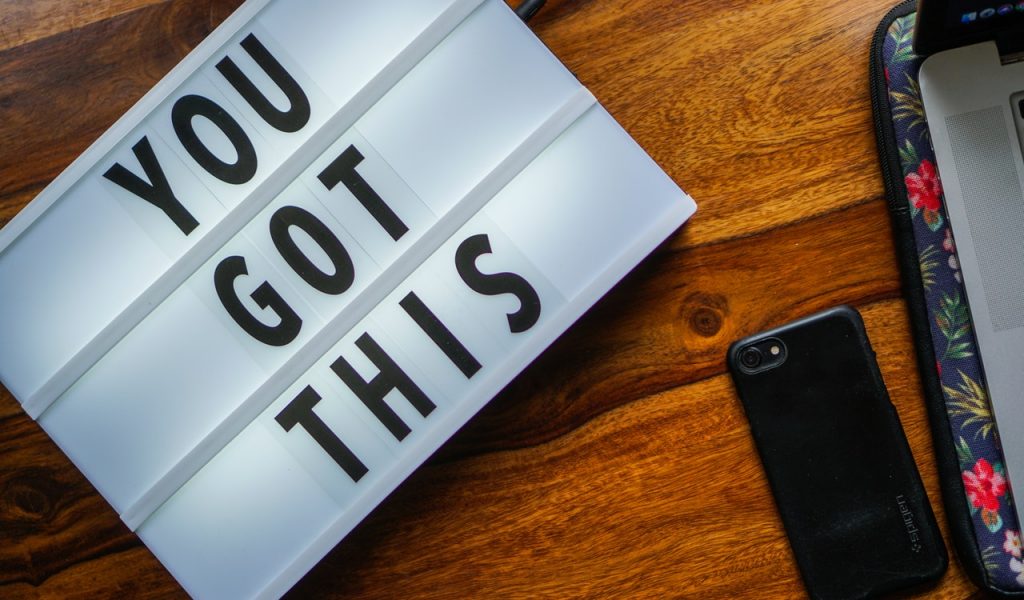
Phone-Free Time
As an intern, my favourite hour each week was from 12pm to 1pm on Wednesdays. Why?
This was mandatory protected intern teaching time. It also meant that I could hand my phone over to my resident/registrar or have a valid reason for not answering the phone during this sacred hour. This was the greatest blessing an intern could ask for in a day. It meant 60 minutes of peace from the incessant ringing and beeping of that device.
I would recommend some phone-free time to all junior doctors. It can be hard to achieve and it often depends on how supportive the rest of your team are. One trick that I liked to use was to inform the nursing staff that I was off to lunch and would be unavailable for the next 30 minutes. I would take emergency calls but would attend to all non urgent jobs on my return.
Moreover, the best part about having a dedicated break was that I was able to function in the afternoon. After 30 minutes of eating, drinking and talking with colleagues, I was a much more pleasant person to be around. So strive for some phone-free time and have a break in the middle of your day.
Use Phones To Your Advantage
Overall, phones/pagers/bleeps can be very useful if you integrate them properly into your workflow. They are a quick and easy way to communicate with other members of your team without having to run half a marathon around the hospital grounds. Remember, you control the phone (and not the other way around).
May you resist the urge to throw your phone off the hospital balcony,
Doctor Nisha

